Argentina makes history by publishing Nazi war criminal archives
In an unprecedented move that cements his commitment to transparency, President Javier Milei has ordered the declassification and full digital release of over 1,850 archival documents detailing the activities of Nazi war criminals who operated or sought refuge in Argentina after World War II. This step marks a monumental break with past governments that either ignored or actively covered up the nation’s dark post-war legacy.
The documents—now available online through the National General Archive (AGN)—include intelligence reports, police files, newspaper clippings, and government correspondence referencing infamous Nazis such as Josef Mengele, Erich Priebke, and Adolf Eichmann. For decades, these files were only accessible through in-person consultation at the AGN, effectively shielding them from global scrutiny.
“We are committed to confronting our history, no matter how uncomfortable,” Milei declared in a press statement. “The truth belongs to the people.”
Breaking decades of secrecy
Under previous regimes, particularly during the Peronist era, Argentina was a safe haven for dozens of Nazi fugitives who were aided in their flight from Europe. By fully declassifying these materials, Milei’s government not only honors the demands of international human rights organizations but also challenges the long-standing silence surrounding this period of Argentine history.
The move also responds to calls from the Simon Wiesenthal Center, which is investigating how Nazi financial networks—allegedly involving institutions like Credit Suisse—were facilitated across Latin America.
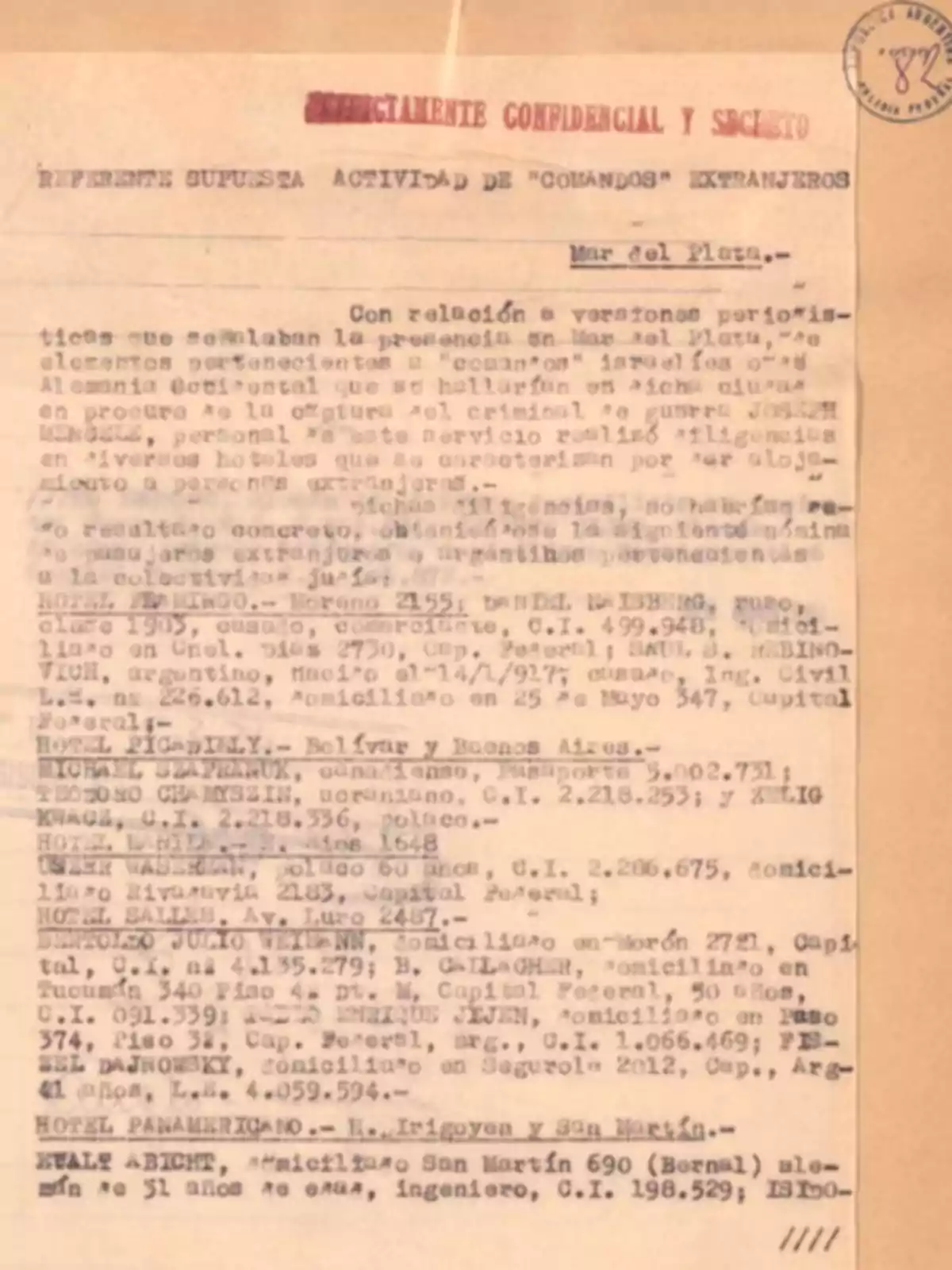
A new standard of historical accountability
This decision sets a new benchmark in Latin America for how states can deal with uncomfortable legacies. By proactively making the documents accessible worldwide, Milei positions Argentina as a leader in historical accountability and transparency in the digital age.
This act also builds Milei’s image as a reformer who is not afraid to confront politically sensitive issues, further distancing himself from Argentina’s authoritarian and populist past.

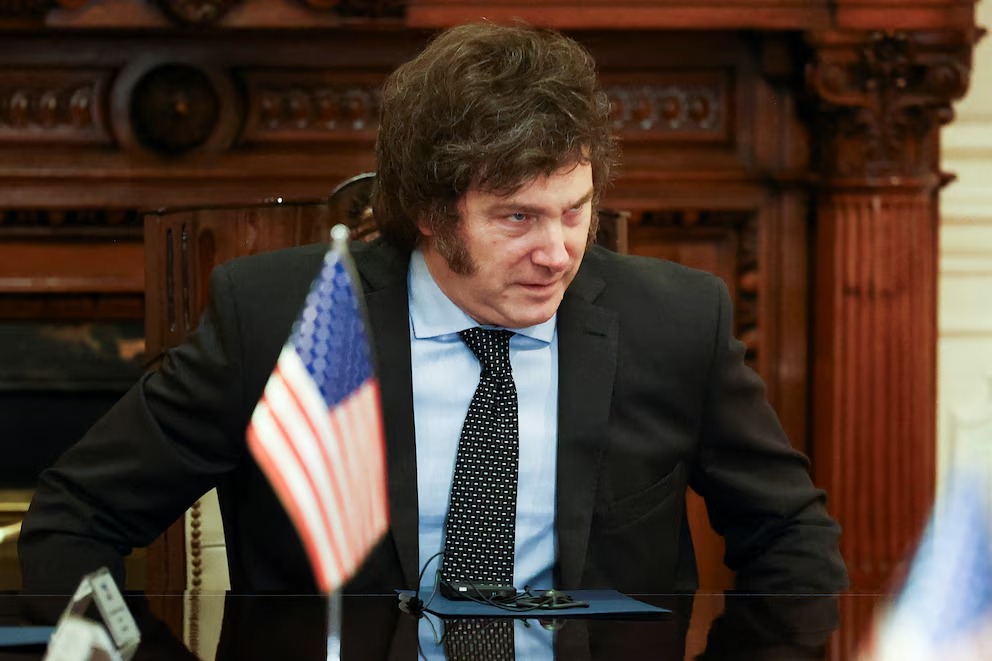
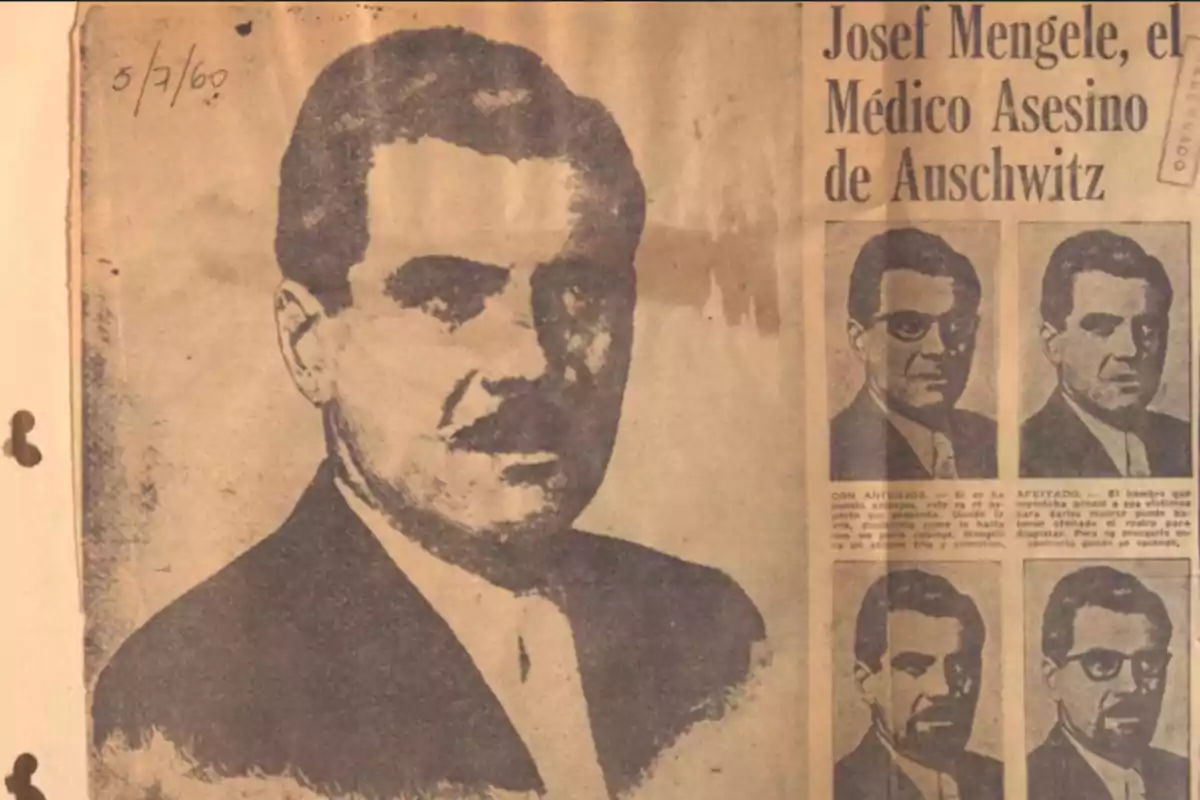
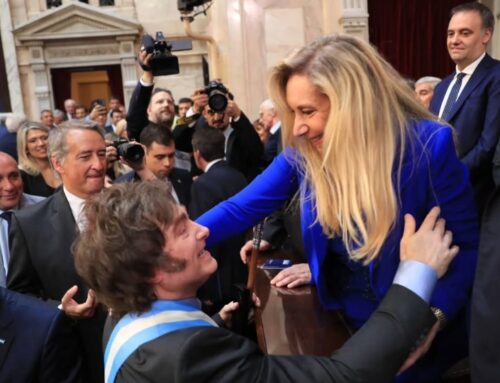
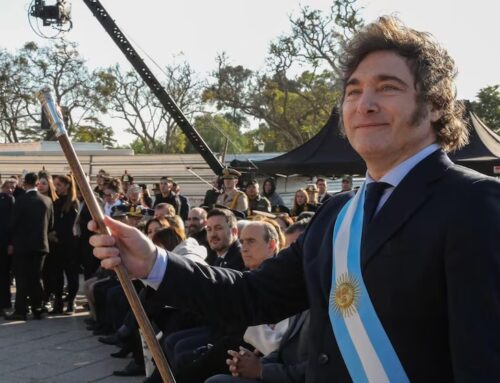
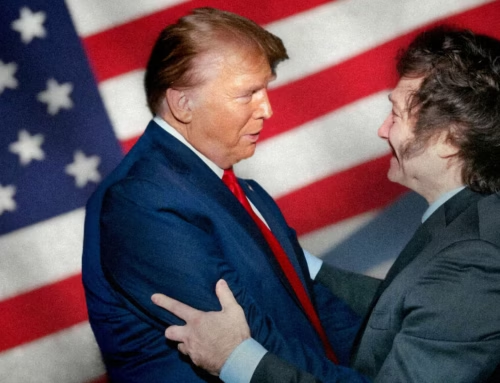
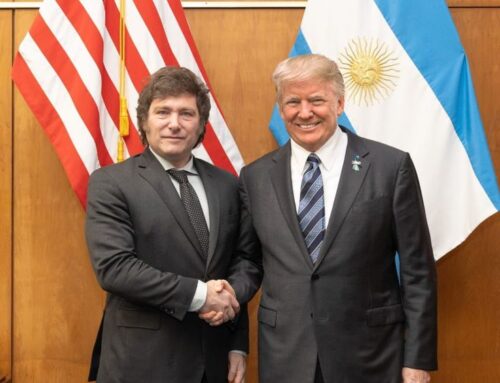

Leave A Comment